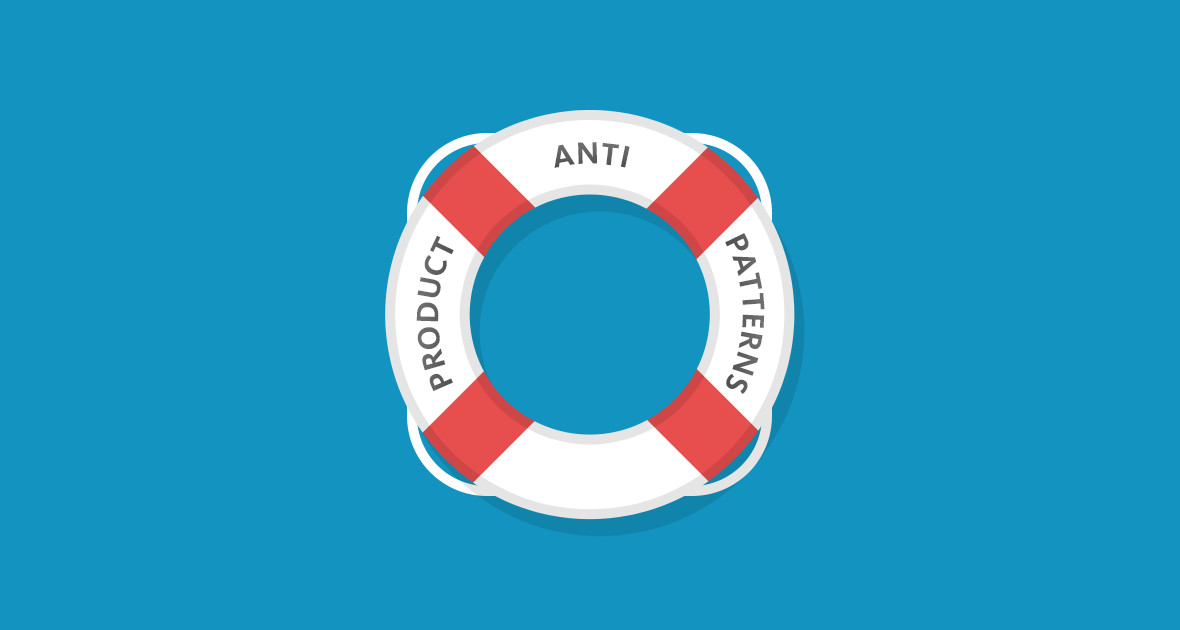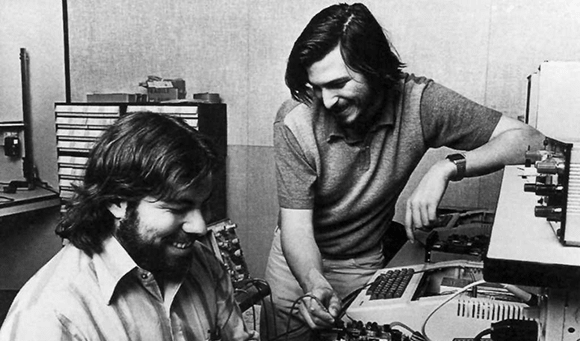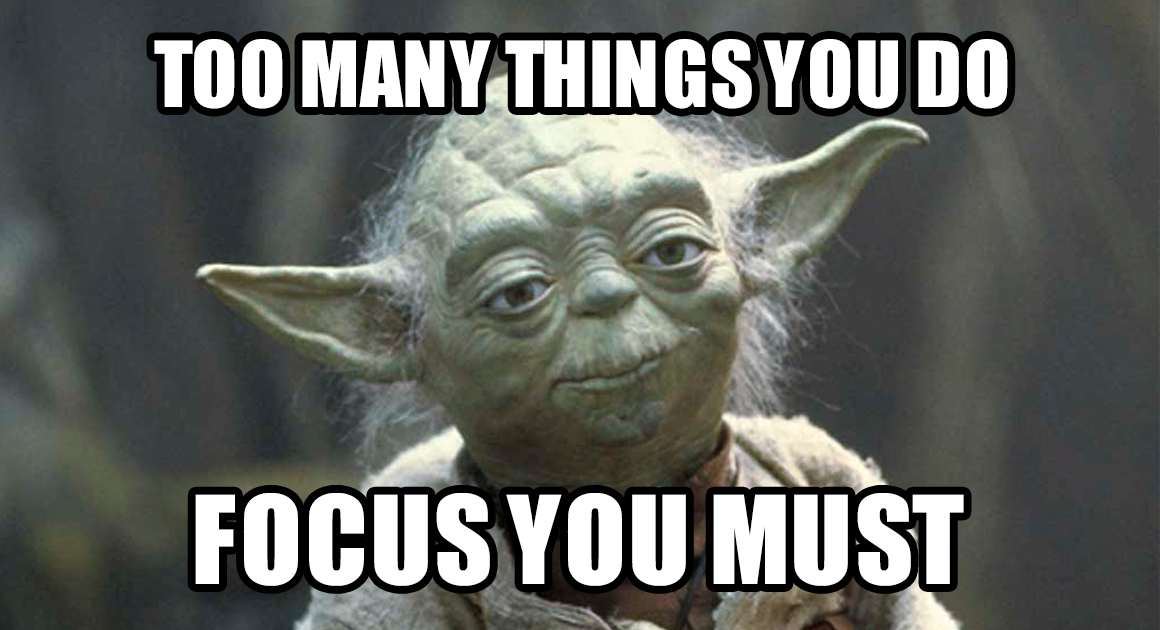Feature Bloat – The Silent Epidemic
Do you ever feel like your product is difficult to explain or is becoming more clunky? While it’s easy to add features to your product, it’s much harder to maintain a polished experience. You can end up being a jack-of-all-trades and a master of none. There comes a point when you have to stop. We’ve… continue reading









